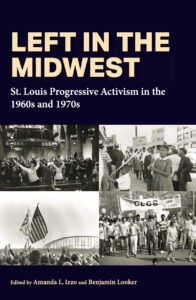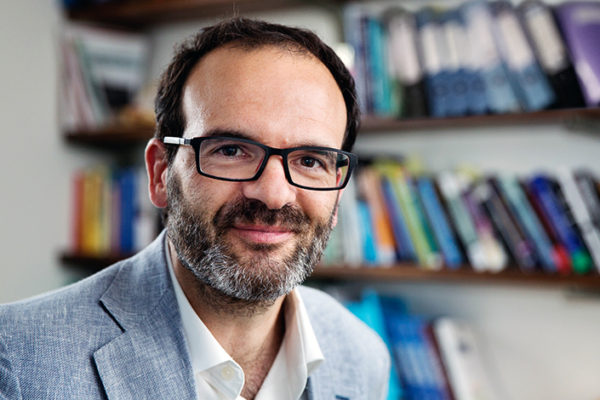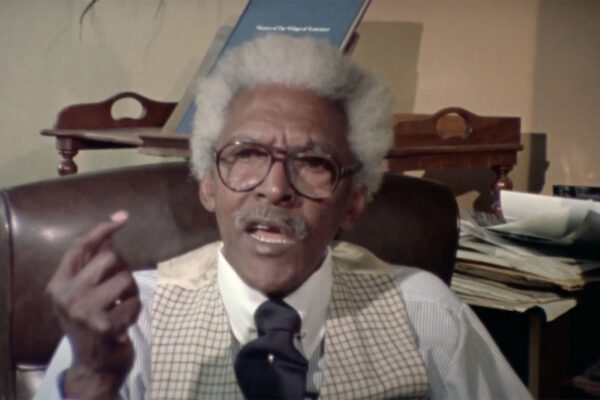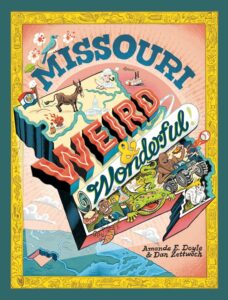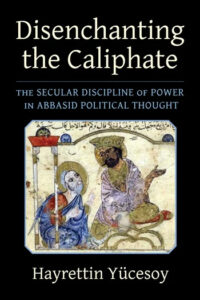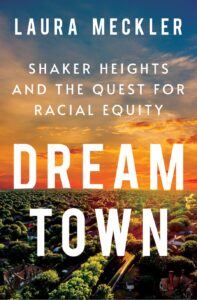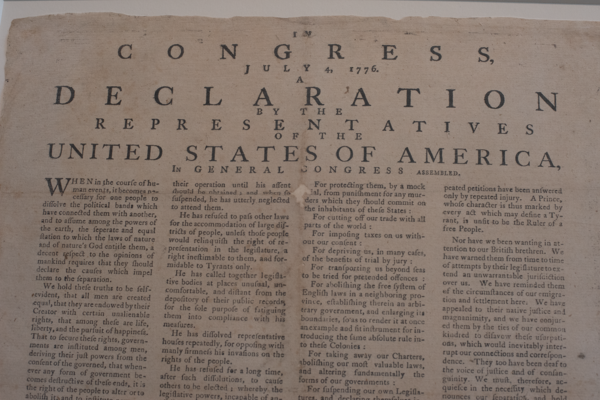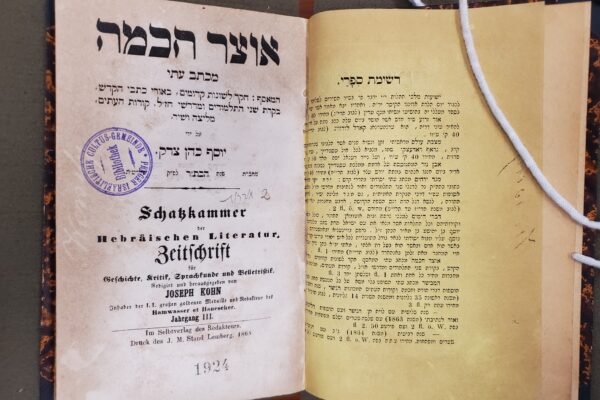Left in the Midwest
St. Louis Progressive Activism in the 1960s and 1970s
Despite St. Louis’s mid-20th-century reputation as a conservative and sleepy midwestern metropolis, the city and its surrounding region have long played host to dynamic forms of social-movement organizing. This was especially the case during the 1960s and 1970s, when a new generation of local activists lent their energies to the ongoing struggles for Black freedom, […]
Educational reform should embrace learners’ diversity, study finds
Educational reform should embrace learners’ diversity, provide equitable access to foster attendance and promote student interest in learning through child-centered teaching, finds a new study from the Brown School.
In his own words: Bayard Rustin interview sheds light on the March on Washington
Bayard Rustin was the little-known architect behind the 1963 March on Washington, a key moment in the Civil Rights Movement. A new movie, “Rustin,” tells his story. In a video digitized by University Libraries, Rustin explained why the march mattered.
Presidential curation
Crystal Marie Moten, AB ’04, wants visitors to the Obama Presidential Center Museum to see themselves in history.
Chen wins digital humanities fellowship
Ruochen Chen, a doctoral candidate in history in Arts & Sciences, has won a Gale Non-Residential Fellowship from the Association for Asian Studies.
Missouri Weird and Wonderful
“Missouri Weird and Wonderful” is a fast-paced, fact-filled collection of the most fascinating parts of life in our state, with a kid’s-eye point of view. Learn the many wild nicknames of our famous native amphibian, get an appreciation for how radical Scott Joplin’s ragtime music was in the early 1900s, and discover the entire branch of medicine that was born here.
Disenchanting the Caliphate
The Secular Discipline of Power in Abbasid Political Thought
The political thought of Muslim societies is all too often defined in religious terms, in which the writings of clerics are seen as representative and ideas about governance are treated as an extension of commentary on sacred texts. “Disenchanting the Caliphate” offers a groundbreaking new account of political discourse in Islamic history by examining Abbasid imperial practice, illuminating the emergence and influence of a vibrant secular tradition.
Dream Town
Shaker Heights and the Quest for Racial Equity
Can a group of well-intentioned people fulfill the promise of racial integration in America?
Olin Library exhibits second original Declaration of Independence
A second broadside of the Declaration of Independence is now on view at Olin Library.
An 80-year odyssey of repatriation and repair
Jewish books stolen by Nazis during World War II are returned to Prague — by way of Washington University Libraries.
Older Stories
